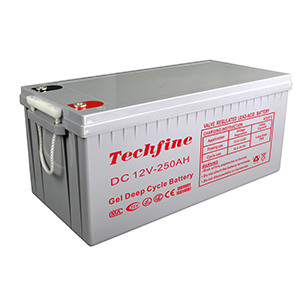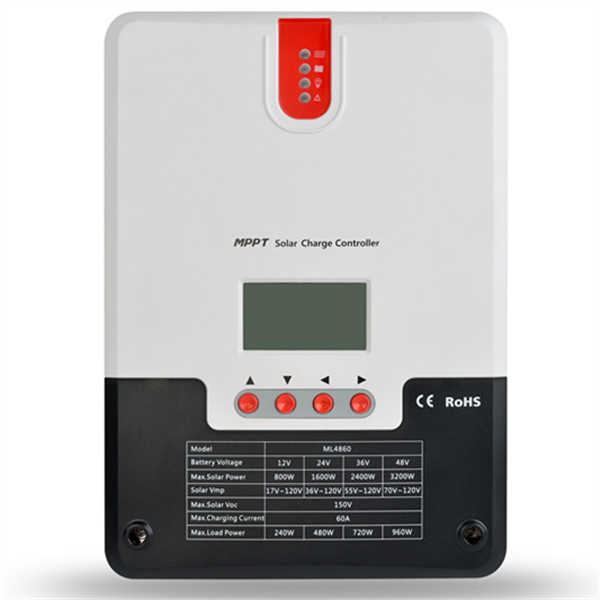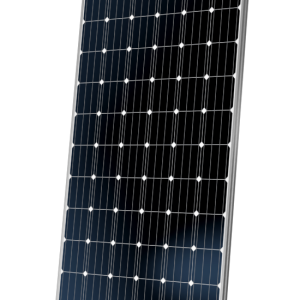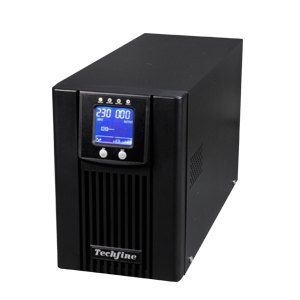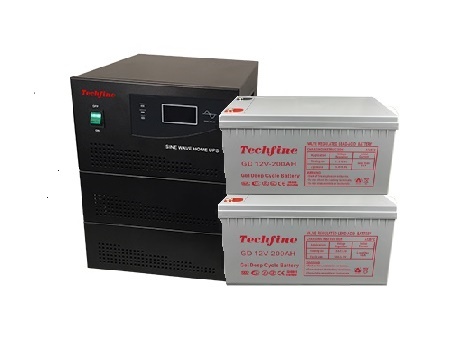The world of energy measurement can be complex, but one unit that plays a central role in understanding electricity consumption is the kilowatt-hour (kWh). In this article, we will be discussing what a kilowatt-hour is, why it matters, and how it affects our daily lives.
Let’s dive in,
What is Kilowatt-hour?
A kilowatt-hour is fundamentally a measurement of energy. It combines two widely used terms: hour, which is a measure of time, and kilowatt, which is a measure of power. For a device with a one kilowatt power rating, one kilowatt-hour is the amount of energy it uses for one hour of operation.
Additionally, A kilowatt-hour (unit symbol: kW⋅h or kW h; commonly written as kWh) is a non-SI unit of energy equal to 3.6 megajoules (MJ) in SI units which is the energy delivered by one kilowatt of power for one hour. Kilowatt-hours are a common billing unit for electrical energy supplied by electric utilities. Metric prefixes are used for multiples and submultiples of the basic unit, the watt-hour (3.6 kJ).
Component of Kilowatt-hour.
1 .Kilowatt (kW):
The term “kilowatt” refers to the rate at which energy is consumed or produced. It is a power measurement that equals one thousand watts. In real terms, the power consumption of an operational 100-watt light bulb is equal to 0.1 kilowatts.
2. Hour:
The emphasis here is on the length of time that power is generated or used. It represents the duration of a device’s operation and is a measure of time. A device’s energy consumption increases with its operating time.
Importance of understanding Kilowatt-hour.
Understanding kilowatt-hours is important for a number of reasons, some of which include:
1. Billing and Costs:
Electricity bills are often measured in kilowatt-hours, determining the amount of energy consumed and the associated costs.
Also, by accurately measuring how much energy is consumed, customers can be billed accordingly, which helps ensure fair pricing and allocation of costs.
2. Energy Efficiency:
Tracking kilowatt-hour usage aids in the identification of energy-efficient appliances and practices, thereby promoting sustainability.
Moreso, monitoring kWh enables finding ways to use less energy, saving costs and benefiting the environment with improved efficiency.
3 .Environmental Impact:
Knowing your kilowatt-hour consumption allows you to assess your carbon footprint and make informed choices for a greener lifestyle.
Furthermore, the measurement of kilowatt-hours helps quantify the environmental impact of electricity consumption.
Conclusion
The knowledge of kilowatt-hour and its importance is essential. However, it is also expedient to know how to save energy. Some tips include; Look for devices that consume less power, unplug devices when not in use, be aware of peak electricity usage times and consider adjusting your activities accordingly.
In essence, the kilowatt-hour is a fundamental unit of energy consumption that allows individuals to make informed decisions about their energy consumption. Understanding the kilowatt-hour is a critical step toward a more energy-conscious future, whether it is for cost savings, promoting sustainability, or minimizing environmental impact.
Are you an individual or organization, ready to upgrade your space or looking for a solar solution as a move towards energy independence and sustainability. Click on this link to check out Nexgen Energy solar products

